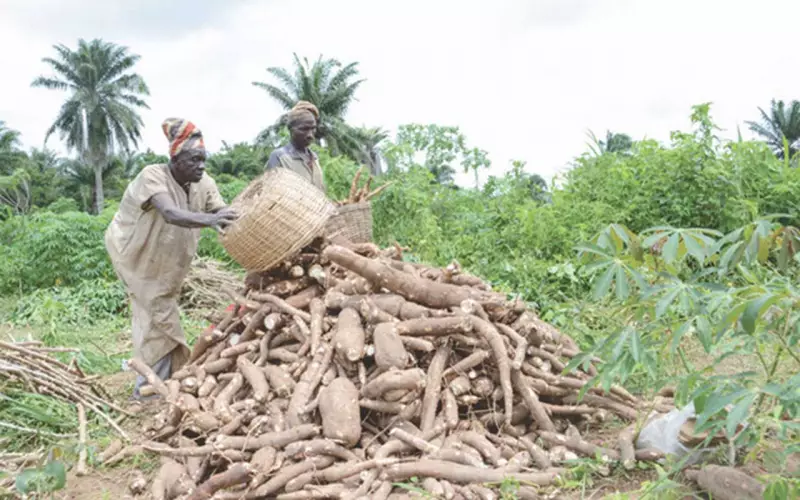
Nigeria is making significant strides in its agricultural sector, with recent reports confirming that the country continues to process an impressive 90% of its cassava yield locally. This achievement represents a major boost for the nation's economy and agricultural transformation agenda.
Domestic Processing Powerhouse
The substantial local processing rate demonstrates Nigeria's growing capacity to add value to its agricultural products within its borders. This development is particularly noteworthy given cassava's status as one of Nigeria's most important staple crops and a key component of food security initiatives.
Economic Implications and Opportunities
By processing the majority of cassava domestically, Nigeria is creating numerous economic benefits:
- Job creation across the agricultural value chain
- Reduced import dependency for processed cassava products
- Increased income for local farmers and processors
- Technology transfer and skill development in food processing
Supporting Local Industries
The high local processing rate supports various downstream industries that rely on cassava as raw material. From food manufacturing to industrial applications, domestic processing ensures a steady supply of cassava-derived products for both local consumption and potential export markets.
This achievement aligns with broader government efforts to diversify the economy away from oil dependence and strengthen the agricultural sector's contribution to national development.





